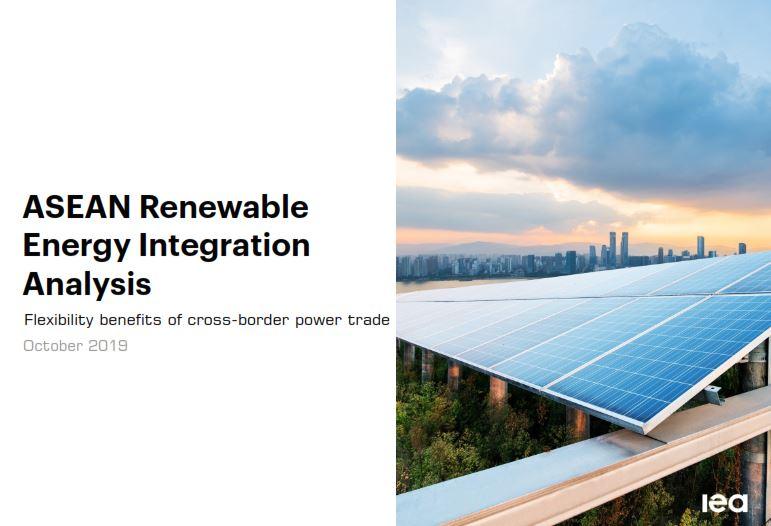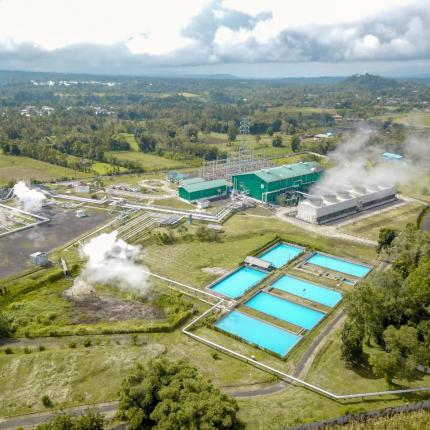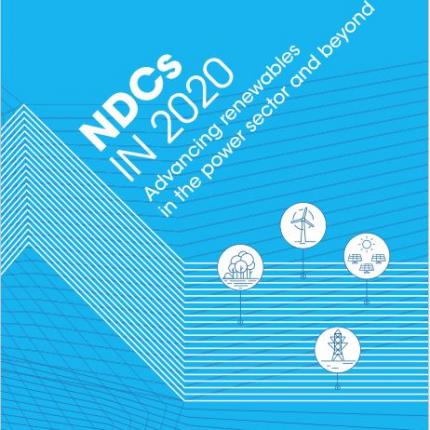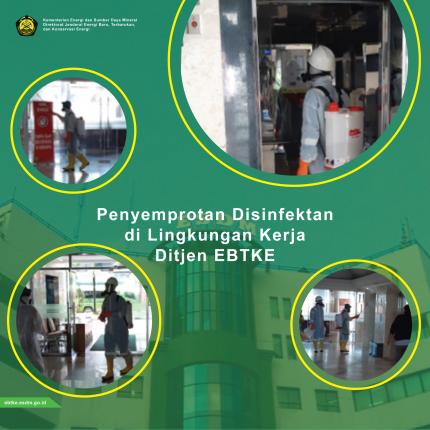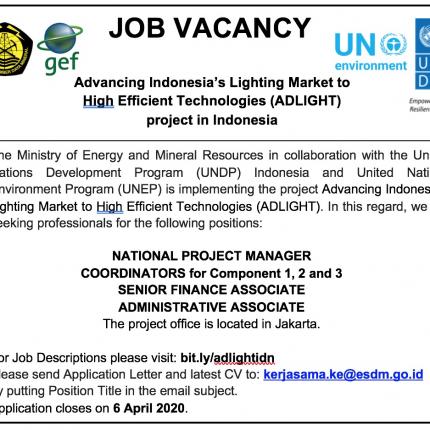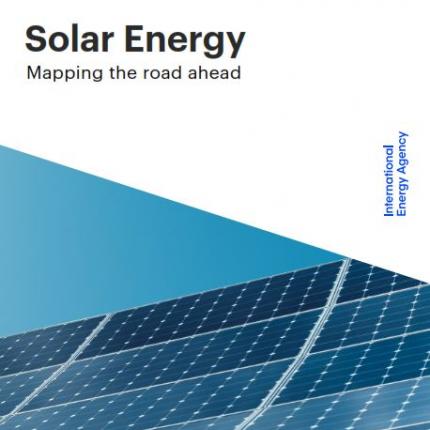ASEAN Renewable Energy Integration Analysis : Flexibility benefits of cross-border power trade October 2019
Executive summary
In support of Thailand’s Association of Southeast Asian Nations (ASEAN) chairmanship, which aims to accelerate the development of the ASEAN Power Grid (APG), the IEA has undertaken the initial phase of a quantitative assessment of the impact of APG cross-border multilateral trade in accommodating the growing share of variable renewable energy (VRE), which consists of solar and wind generation.
The main objective of the study is to assess the value of regional power system integration in ASEAN in accommodating the growing share of VRE from economic, operational, environmental and policy-related aspects. The analysis explores the impact of multilateral power trading (MPT) and expanded cross-border interconnectors as well as the value of flexibility resources for the APG.
The assessment focuses on future scenarios for the region in 2035, analysing the impact of increased crossborder interconnection and multilateral trade on the accommodation of VRE. The results are based on projections of approximately 10% VRE generation in 2035, as described in the 5th ASEAN Energy Outlook. They show that although enabling multilateral trade on all existing and planned interconnectors as well as on subsequent expansion of the network reduces operational costs, in the absence of externality costs, CO emissions increase owing to the greater operation and exports of coal-fired generation that multilateral trade allows. This emphasises the importance of taking measures to limit emissions, for example, by increasing the share of clean generation and applying clean air standards for fossil fuel generation.
Increasing the VRE share to align with projections from the IEA Sustainable Development Scenario (approximately 25% VRE generation in 2035) can unlock the full benefit of interconnectors and multilateral power trade. With the help of cross-border interconnectors, these higher shares of VRE can be accommodated without excessive curtailment, allowing reductions in both cost and emissions.
This highlights the operational, economic and policyrelated impacts of VRE deployment and the value of cross-border interconnectors, which can support decision-making in system planning and operation in ASEAN.

